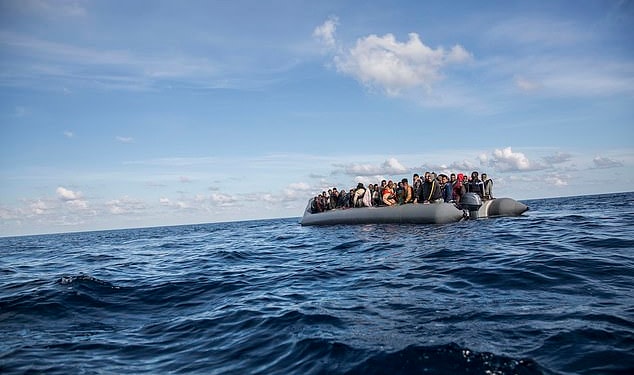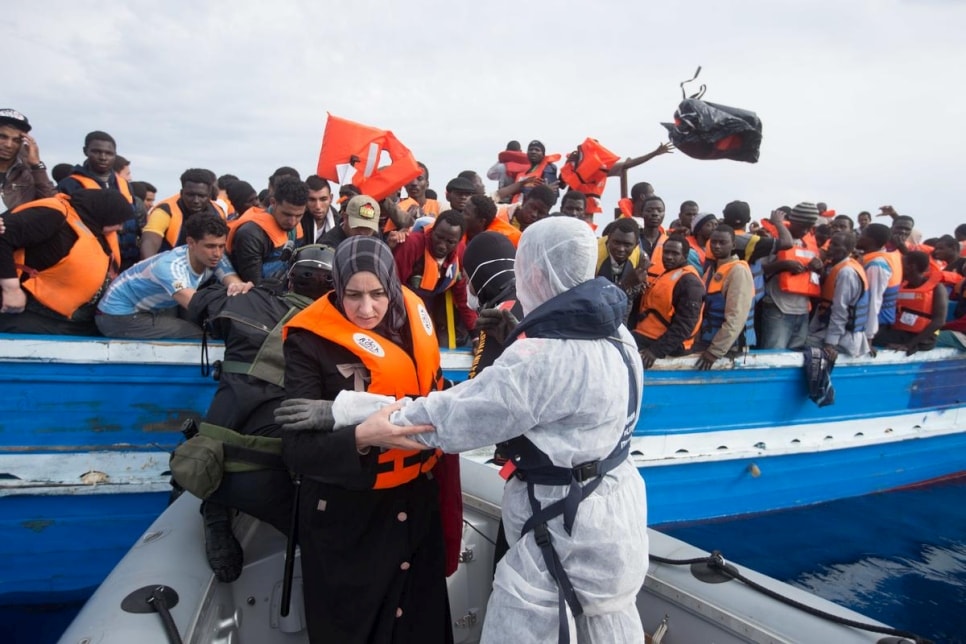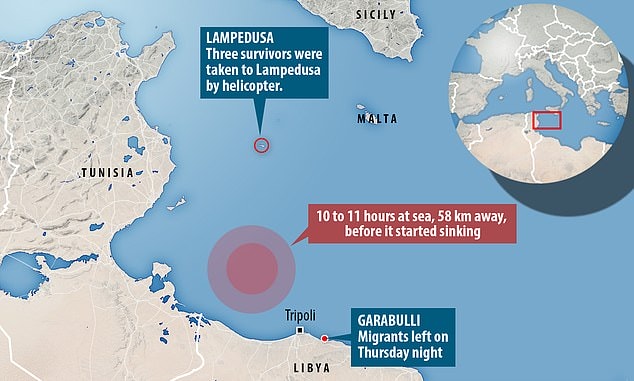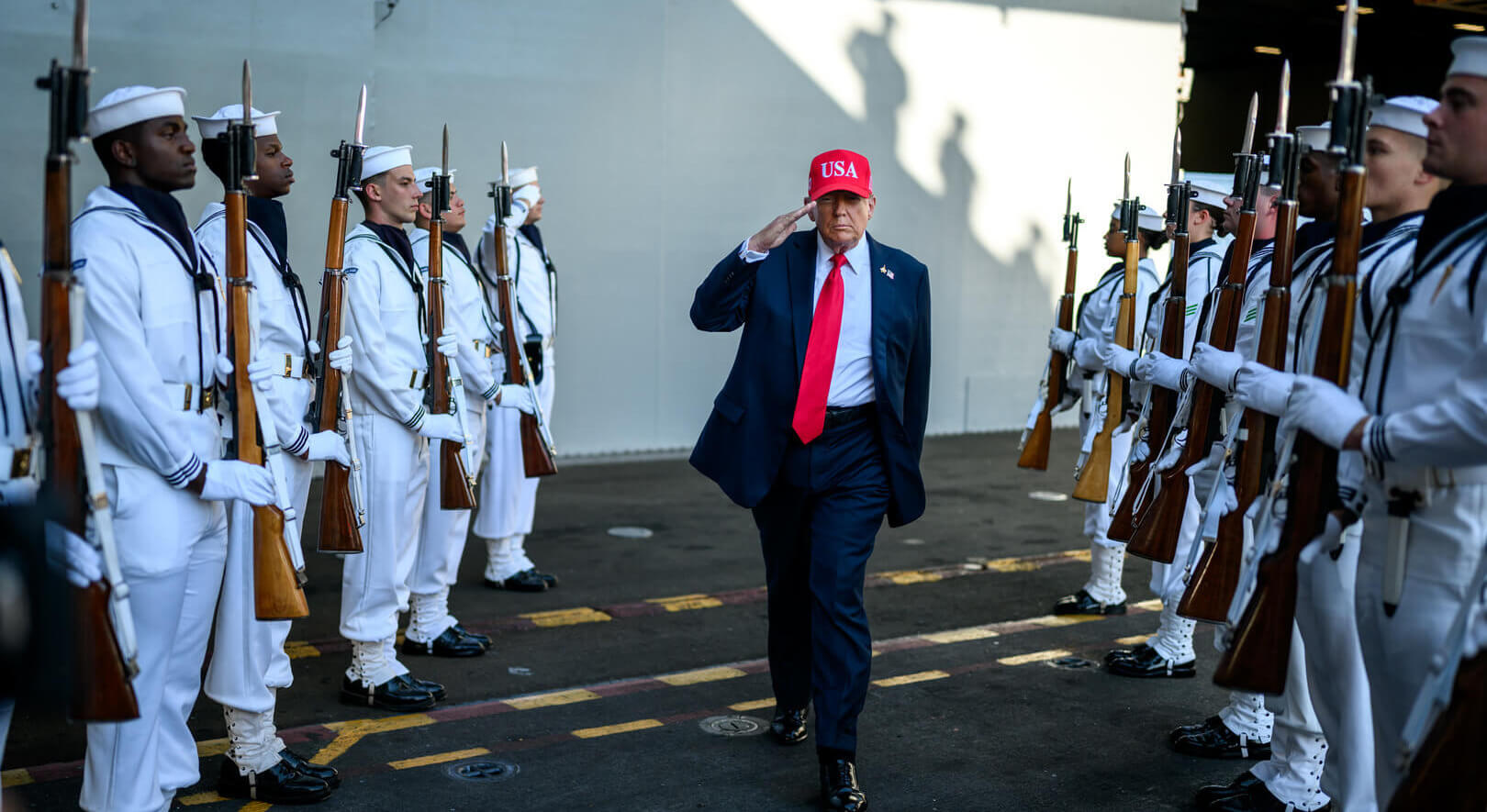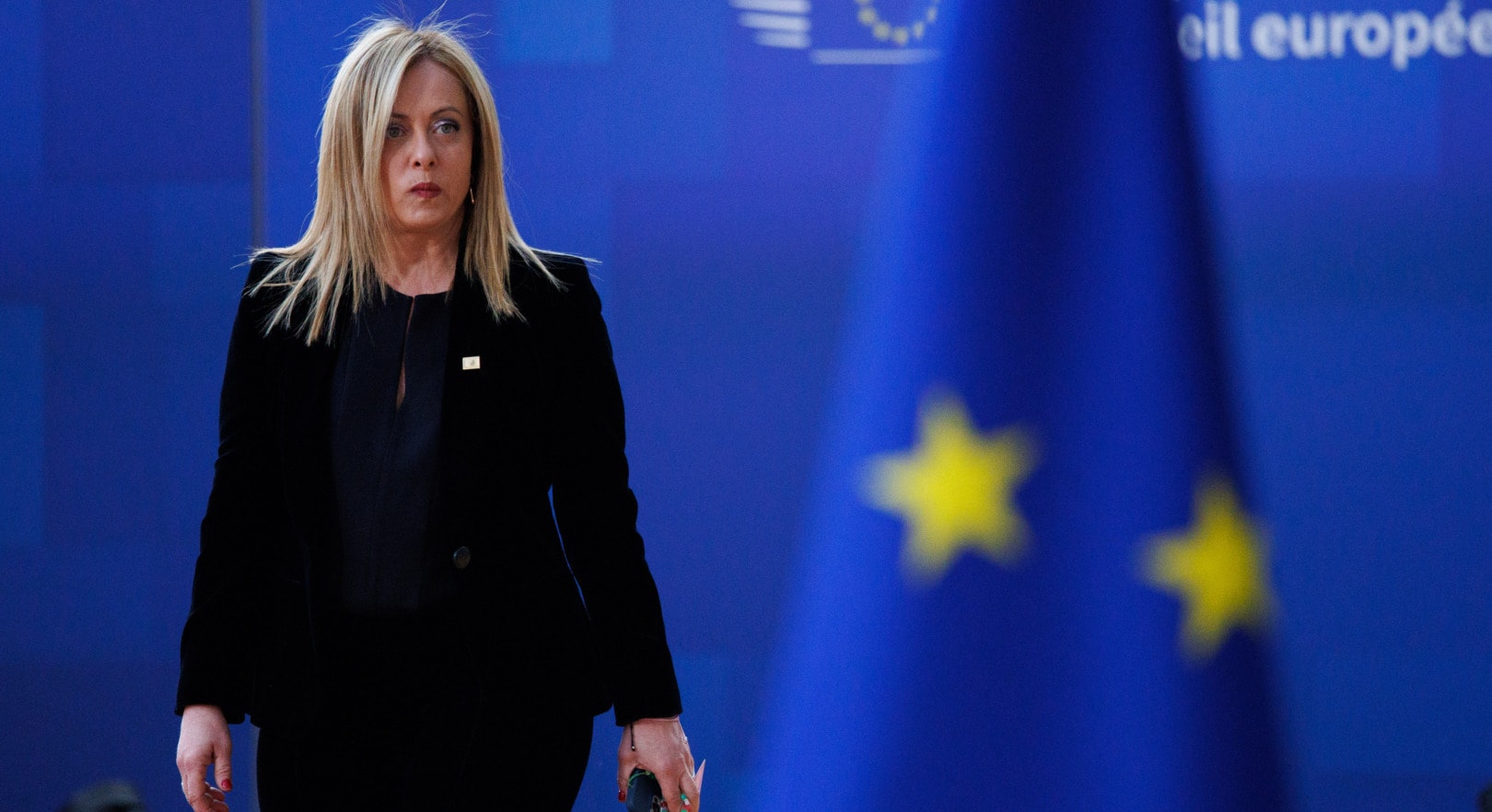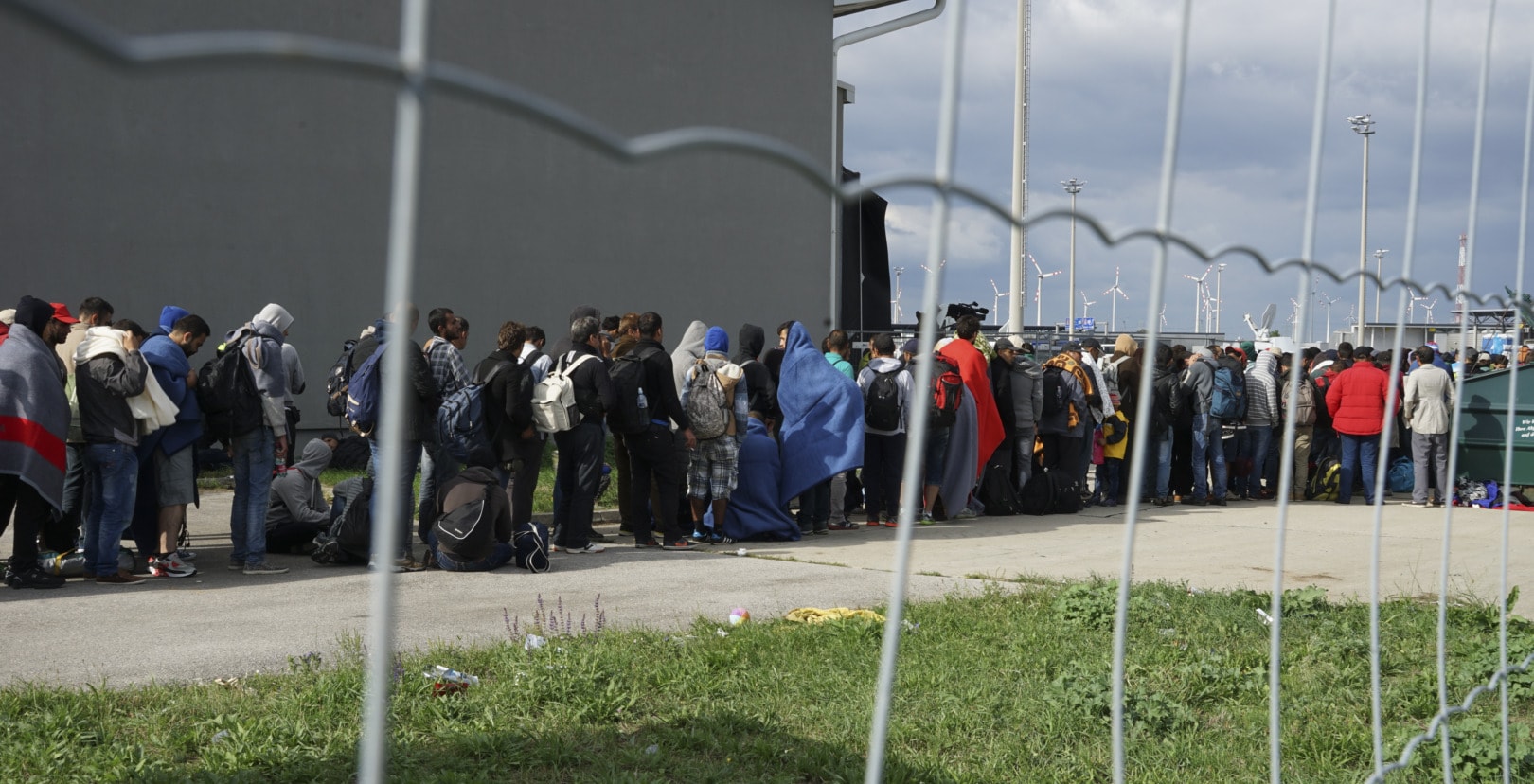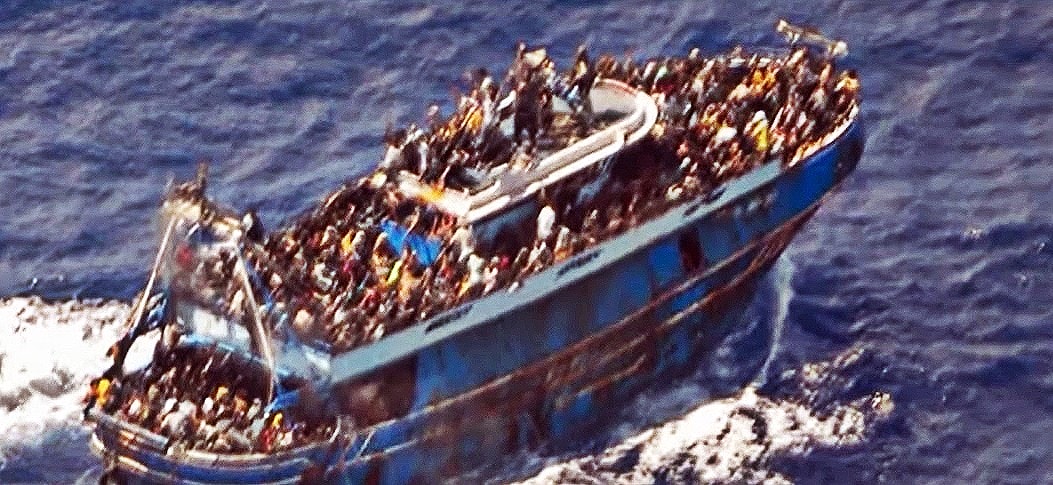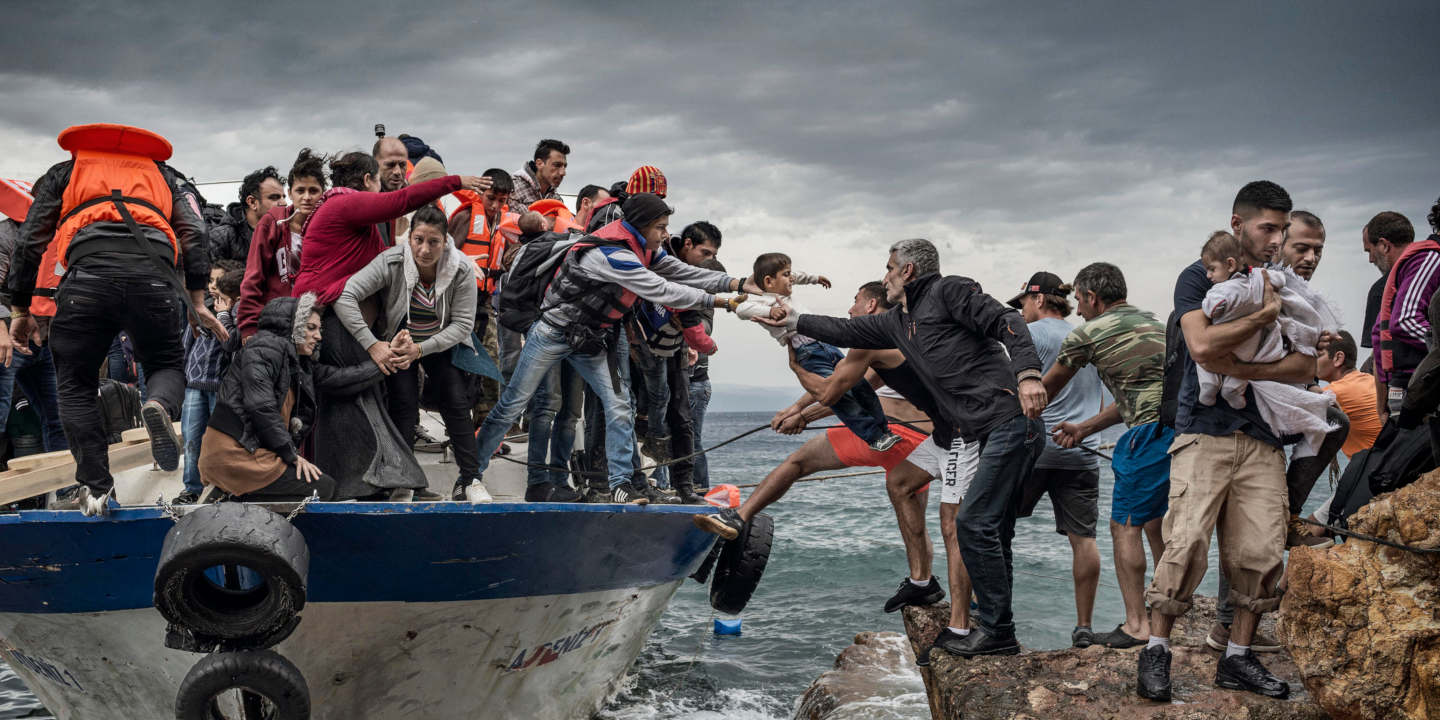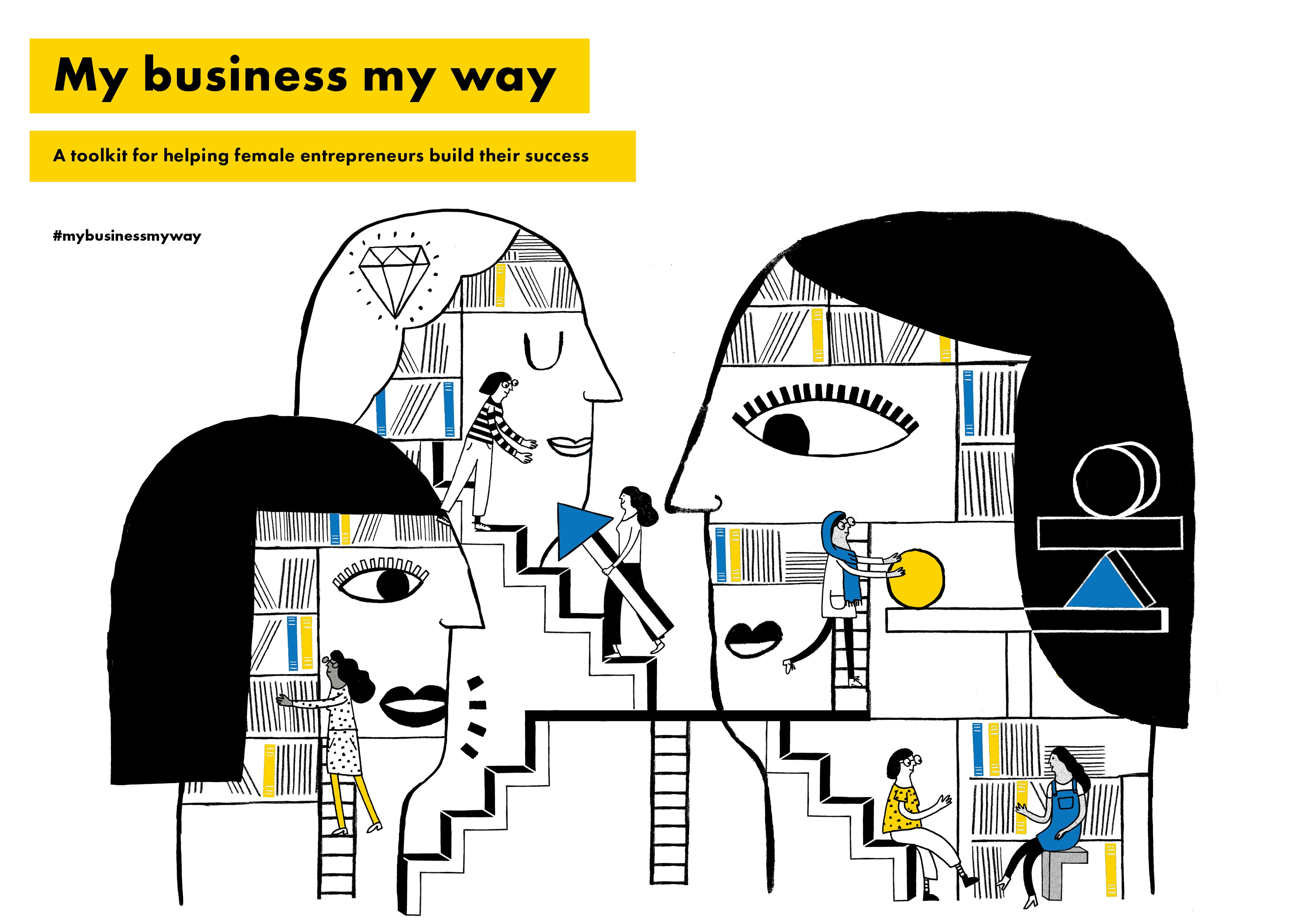Update 3 March 2019: It would seem that murderers in the Mediterranean cannot be stopped. Largely because of the decisions taken by Italy’s Interior Minister and extreme right leader Matteo Salvini.
Operation Sophia, under the command of Italy, is the main tool the EU uses to “control” migration across the Mediterranean and it is up for renewal this month. But as revealed by Politico, it is a broken tool: it neither does a good job saving lives nor has it stopped the human traffickers operating from Libya. Largely because of Italy. The upgrading of the Libyan coast guards was paid for by Italy but that hasn’t stopped them from taking money from the smugglers.
Moreover Libya runs detention camps for migrants where they are horrendously mistreated and tortured, as repeatedly denounced by Amnesty International and Human Rights Watch. And Salvini has closed Italy’s ports to rescue ships – in contravention to international maritime law and the Geneva conventions for the protection of refugees.
Tarek Megerisi, a Libya specialist at the European Council on Foreign Relations, spoke to Politico, saying that the Sophia Operation is nothing but an “ineffective European policy”. The project, he explained, is less a practical attempt to stop smuggling or save migrants than a political effort to paper over differences within the EU when it comes to migration policy – so that “countries like Italy and Hungary can say this is our tool for stopping migration, and countries like Germany and Sweden can say we’re saving lives.”
The question is: What happens next? Will Operation Sophia be dismantled by Salvini? Will the EU finally take a decision and recast it as an effective tool? In either case, a decision needs to be taken: Since Libya cannot be a “safe port” for migrants rescued at sea, who in Europe will take the migrants in? An EU migration policy is urgently needed.
Consider the situation, as reported here in mid-January. And consider that nothing has changed. Murderers at sea continue unpunished.
On 18 January, 117 people died in the Mediterranean. People talk of massacres whenever migrants drown. And then forget about it, overwhelmed by the relentless news cycle of our digital age. Perhaps if we called a spade a spade, people wouldn’t forget: Murderers at work in the Mediterranean is a better description of what happened.
Consider the facts. They had been 120 when they escaped from Libya in hope of a better life in Europe. Then, after about eleven hours of navigation, their overloaded rubber dinghy deflated and capsized. They tried to swim for hours, but most couldn’t make it. There were ten women among them, one was pregnant. And there were two children, one of which was a two-month baby. Most of them came from Nigeria, Cameroon, Gambia, Ivory Coast and Sudan. Three survived to tell the story and were brought by helicopter to the Italian island of Lampedusa.
All the others could have been saved but weren’t.
With modern satellite technology, any boat crossing the Mediterranean can be spotted. For years, the Italian navy did a magnificent job of spotting them and saving lives, earning people’s gratitude and admiration across the world.
In the Photo: An over-crowded boat of refugees and migrants is rescued in the Mediterranean by the Italian Navy as part of the Mare Nostrum operation. Source: © Massimo Sestini for the Italian Navy
But with far-right populist leader Matteo Salvini in charge (he is Italy’s Interior Minister), all that has changed. Of course, we have no proof that the Italians watched as people drowned. Only one thing is certain: These people fought for hours in freezing waters before going under.
Salvini has made his policy crystal clear: He has closed Italian ports and accuses NGOs of playing the game of human traffickers, saying: “As long as European ports will remain open…sea traffickers will continue to do business and kill people.”
This causes an excruciating moral dilemma. People are killed anyway, closing ports and looking the other way is no solution. There are ways to stop “sea traffickers”. For example, one could work out agreements with governments on the southern coast of the Mediterranean – especially with Libya and Turkey – to gain control and police the areas where the traffickers actually operate – and not in the open sea, when it’s too late. But Salvini is doing none of this.
MAP showing where the rubber dinghy with 120 people aboard sank. Source: Mail Online
For now, the situation is in an ugly stall. Countries (like Italy) that should welcome refugees are not doing so. And putting themselves in the unwanted role of murderers at sea.
For example, exactly two days after 117 people were left to die, one of the ships of the NGO Sea Watch saved 47 migrants including 8 unaccompanied children. These were migrants in similar circumstances, clinging to a sinking dinghy. They were found by Sea Watch in international waters north of Zuwarah in Libya. Who will take them in?
A few days earlier, in another angle of the Mediterranean, in the western sea of Alboan, another 53 people had died in similar circumstance, with only one survivor – a fact documented by UNHCR.
This brings the total for this month to 170 deaths from drowning. A lot of deaths in just a few days.
The overall number of people who died crossing the Mediterranean in 2018 was, according to UNHCR, 2,262. Too much, even if we are far from the peak of 2015 when German Chancellor Angela Merkel famously opened the doors of Germany to a “million refugees”. UNHCR’s data speaks volumes:
UNHCR tweeted dismay at the latest tragedy:
“We cannot turn a blind eye to the high numbers of people dying on Europe’s doorstep.”
~ @cochetelhttps://t.co/wJ7yVHbxH6— UNHCR, the UN Refugee Agency (@Refugees) January 20, 2019
The President of Italy Sergio Mattarella was also moved to issue a press release expressing his “profound sorrow for the death of over one hundred people, including women, men and children”.
The only one who remained silent was Salvini.
Yet, his policy of closing borders is putting him at odds with international law, in particular, the principle of “non refoulement” ( a French term, in deference to the fact that French has been traditionally the language of international diplomacy) – as explained in this UNHCR video:
Why can’t refugees be sent back home? pic.twitter.com/JIZWxNVTHf
— UNHCR, the UN Refugee Agency (@Refugees) January 19, 2019
Murderers in the Mediterranean need to be stopped. First, we, the people, all of us who vote, should realize that populist policies are dangerous . They offer the wrong diagnosis and confuse issues. Populist politicians sell slogans for solutions.
Take the migrant issue. There is a real crisis: What to do with those migrants who are already in Europe. And there is a false one: The idea that there is a rising wave of migrants invading Europe. There is no wave. But there are migrants here and they need to be integrated. They can work, most want to work, and there is plenty of work available – much of it that no native European wants, like picking crops, cleaning streets, looking after the elderly etc.
Salvini has no policy for that. If he did, there would be no problem integrating the few hundred more that are arriving these days. The “Riace Model” of migrant integration in Italian society that was so successful for 20 years is now dead. Salvini has seen to it. He has put the man who made it a success, the Mayor of Riace (a small town in Calabria) under house arrest.
Instead, what Salvini is doing is turning Italy into a neo-fascist fortress. Black-shirted far right squads have started to roam the country; fascist meetings multiply; attacks on migrants are on the increase; in football, rugby and the martial arts, athletes use the fascist salute.
Historian Luciano Canfora is worried, he told La Repubblica that Salvini “feeds the fascist mentality”. But there is hope, he notes. While Salvini’s popularity and his party, the Lega, is growing fast, it is doing so, he points out, mostly at the expense of other parties on the right. And, I would add, at the expense of the Five Star Movement.
The point is this: A majority of Italians still reject Salvini’s neo-fascist populism and are angry with the inhuman way Salvini treats refugees. This is also true of a majority of Europeans. Closing Europe’s doors to refugees, breaking with the principle of non-refoulement, is deeply contrary to European values.


